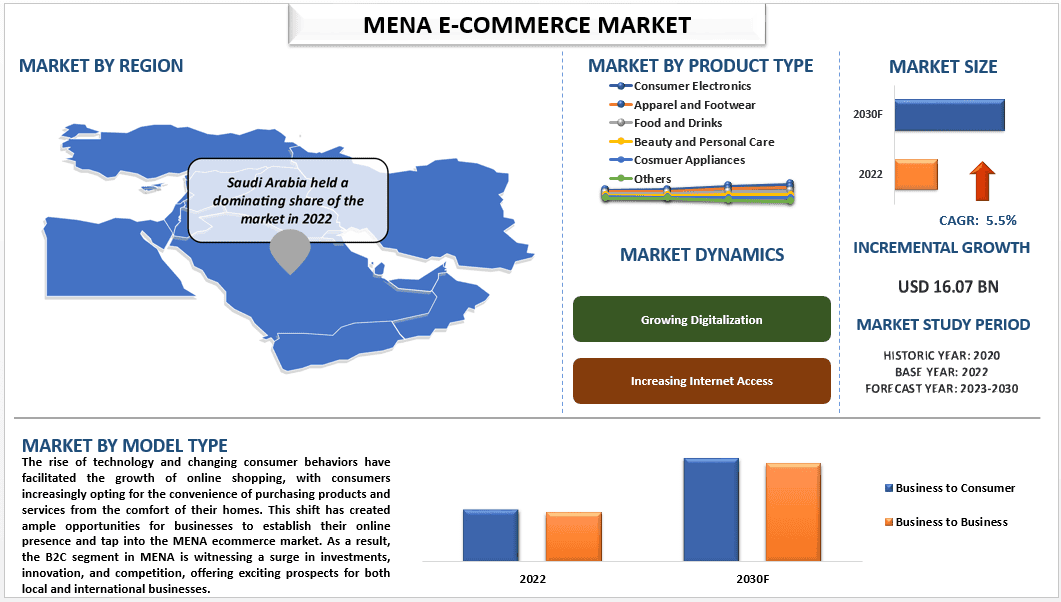Sponsored
What Lenders Look for in a Business Plan

When business owners apply for funding, banks and financial institutions look beyond ideas and enthusiasm. They want to see a structured, well-prepared plan that demonstrates strategy, stability, and financial responsibility. Whether applying for funding in the USA or Australia, lenders expect clarity in projections and proof of sustainability. For entrepreneurs applying through programs that require an E2 Visa Business Plan, meeting lender expectations becomes even more important because the plan must prove both entrepreneurial readiness and financial feasibility.
A Clear Executive Summary
Lenders start by reviewing the executive summary. This section should give a quick yet compelling snapshot of the business concept, target market, and financial expectations. Even if the idea is strong, lenders will look for clarity and direction before reading deeper into the document.
A strong executive summary briefly addresses:
• The business concept
• Who the target customers are
• How the business plans to make money
• The funding required and why
If this section is vague or confusing, lenders may assume the rest of the plan lacks depth.
Realistic Market Research
Lenders want reassurance that the business understands the industry and customer needs. Market research demonstrates that the applicant has investigated demand, potential competitors, customer buying behavior, and pricing expectations.
Effective research should include:
• Market size based on credible sources
• Customer demographics
• Industry trends impacting demand
• Marketing plan backed by data
Banks are more confident when projections are tied to real numbers rather than assumptions.
A Strong Revenue Model
A well-structured business plan explains exactly how the business will generate revenue. Lenders want to see income streams, pricing strategies, expected sales volume, and measurable outcomes.
This section should show:
• The main ways the business will earn income
• How pricing compares within the market
• Customer acquisition strategies
Investors and lenders look for profitability indicators, not just passion for the idea.
Financial Forecasts That Make Sense
Lenders focus heavily on financial forecasts. The business plan should include cash flow projections, income statements, and balance sheets covering the first three to five years.
Key items lenders evaluate include:
• Cash flow stability
• Operating expenses and budget allocation
• Break-even analysis
• Profit margins
Around this point in planning, business owners preparing an E2 Visa Business Plan usually refine the financial section to clearly show sustainability and funding justification.
Proof of Business Owner Investment
Lenders rarely approve funding requests unless the owner demonstrates financial commitment to the venture. They want to see that the applicant has invested capital or assets, showing confidence in the business.
Evidence of commitment includes:
• Owner equity contribution
• Personal investment in equipment or setup
• Savings allocated for operational support
A business owner who invests in their idea reduces perceived lender risk.
A Solid Operations Plan
Banks want to understand how the business will operate daily. This section explains staffing needs, location details, suppliers, workflow, and systems used to run the business.
The operations plan helps lenders see:
• How the business will operate efficiently
• The responsibilities of key team members
• The timeline for launching and scaling
Lenders look for evidence of organization and sustainability.
Management Experience and Leadership
Lenders consider the strength of the management team just as important as the financial forecast. They want to know that the people leading the business can execute the plan.
The management section should highlight:
• Professional experience
• Relevant industry skills
• Roles within the business
Leadership capability lowers the risk of failure, making the business more attractive to lenders.
Final Thoughts
A business plan is not just paperwork; it is proof of preparedness, market understanding, and financial discipline. A thorough plan increases credibility, improves lender confidence, and strengthens the overall funding application. Entrepreneurs seeking expert assistance in preparing structured plans often engage professional support through resources such as BPlanWriter to ensure lenders receive a detailed, compelling business plan tailored to their expectations.







